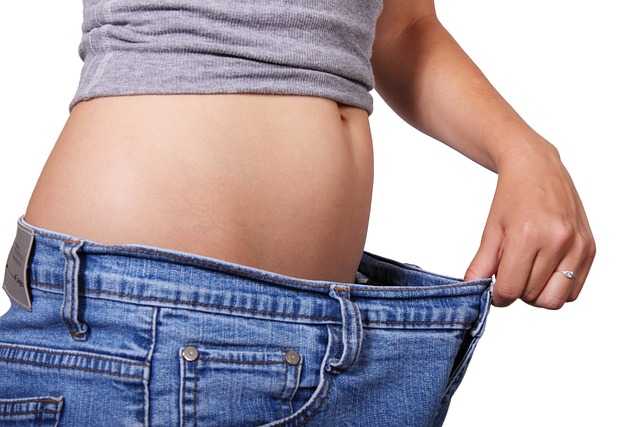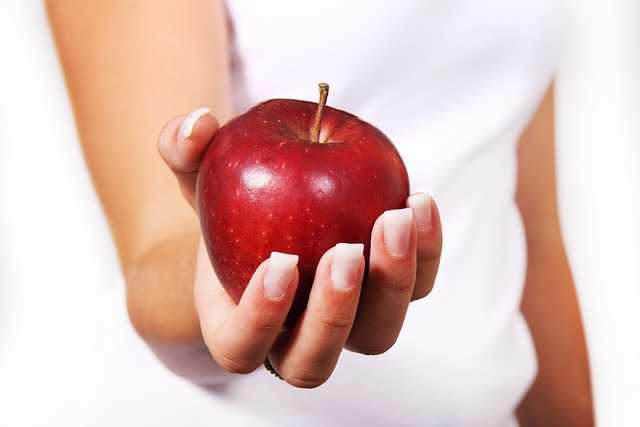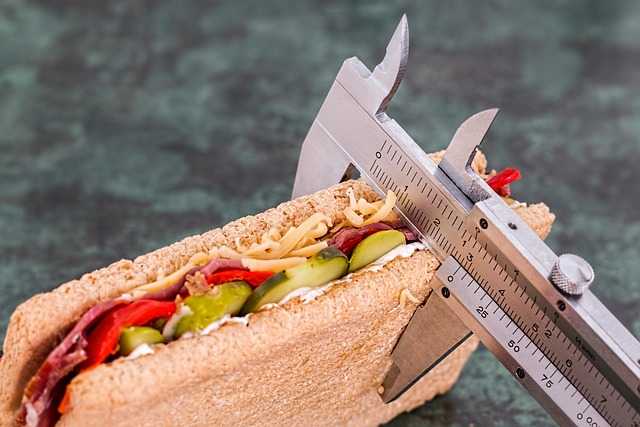Keto Diet Foods, What You Should Know
The foods on the keto diet include a low-carb, high-fat diet. The goal of the diet is to force the body into a state of ketosis, where it burns fat instead of carbohydrates.

Foods that are typically allowed on the keto diet include:
- Meat, poultry, and fish
- Non-starchy vegetables such as leafy greens, broccoli, and cauliflower
- Nuts and seeds
- Healthy fats such as olive oil, avocado, and coconut oil
- Dairy products such as cheese and butter
- Berries (in small amounts)

Foods that are typically not allowed on the keto diet include:
- Grains (bread, pasta, rice)
- Sugars (including natural sweeteners like honey and maple syrup)
- High-carb fruits (such as bananas and grapes)
- Starchy vegetables (such as potatoes and corn)
- Most processed foods
It is important to consult a healthcare professional before starting the keto diet, and to make sure that you are getting enough essential nutrients while following the diet.
The keto diet may be a very efficient strategy to reduce body fat, enhance blood sugar regulation, and reduce your risk of contracting certain illnesses like cancer, diabetes, and heart disease. It may not be ideal for everyone, though, and it can be extremely restricting.

The “keto flu,” a set of symptoms brought on by the body adjusting to a low-carb diet:
constipation, vitamin shortages, and an elevated risk of kidney stones are a few possible adverse effects of the keto diet.
It’s also critical to remember that little is known about the keto diet’s long-term effectiveness and safety.
As a result, it’s crucial to follow the diet in close coordination with a healthcare professional and to keep a constant eye on your health.

The ketogenic diet is not a one-size-fits-all diet
The ketogenic diet is not a one-size-fits-all diet, and it is also crucial to remember that not everyone should follow it.
People with specific medical issues, such as diabetes, kidney illness, or a history of disordered eating, should avoid the diet or seek medical advice before beginning it.
Making sure you are consuming enough fiber, vitamins, and minerals while maintaining the diet is also crucial.
Maintaining proper hydration and getting enough electrolytes into your system are also crucial.
